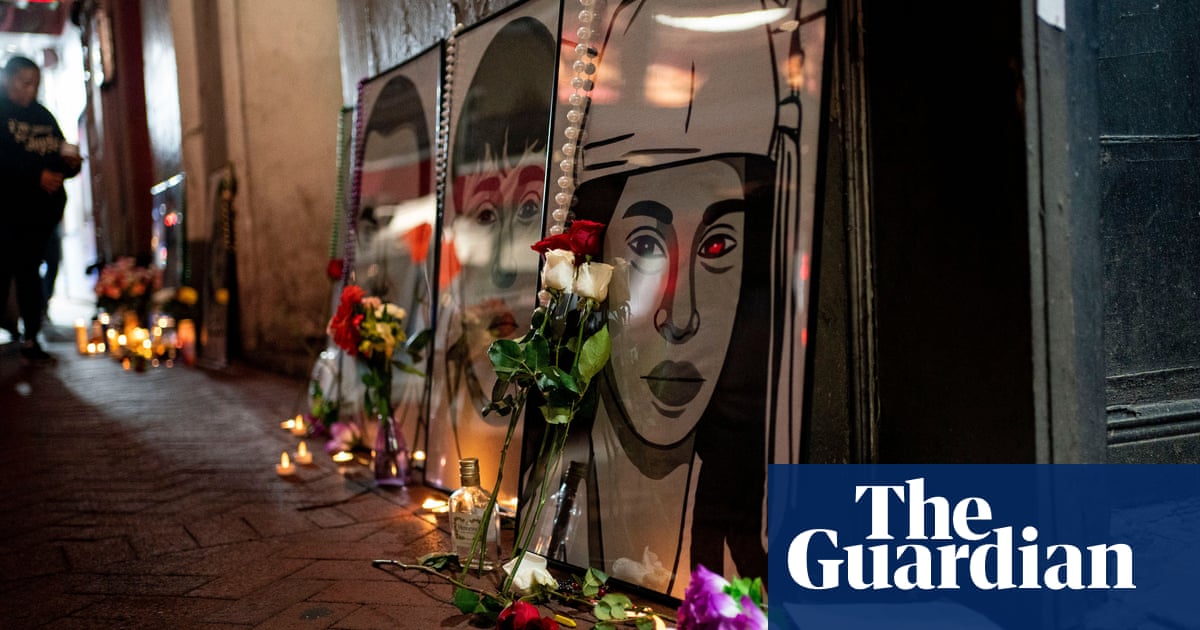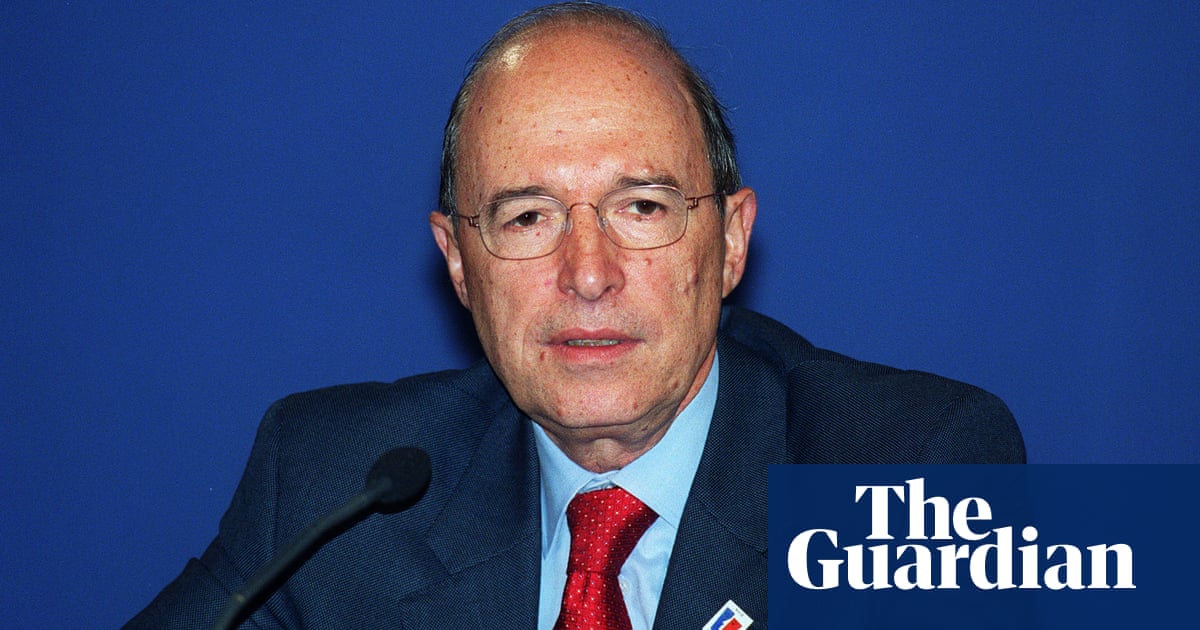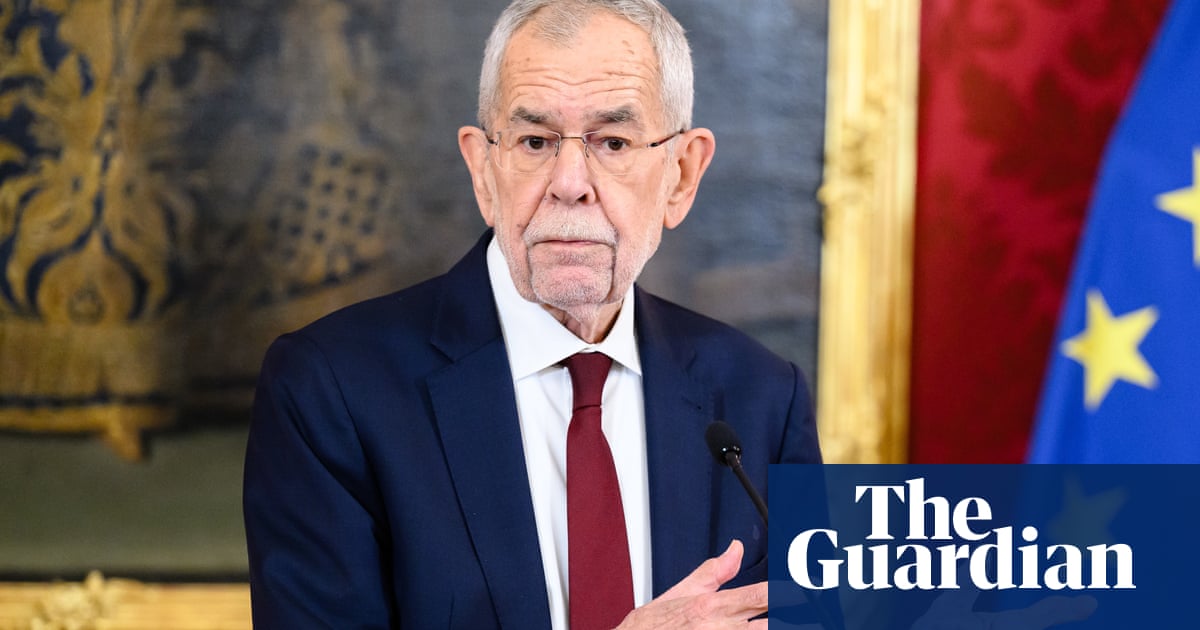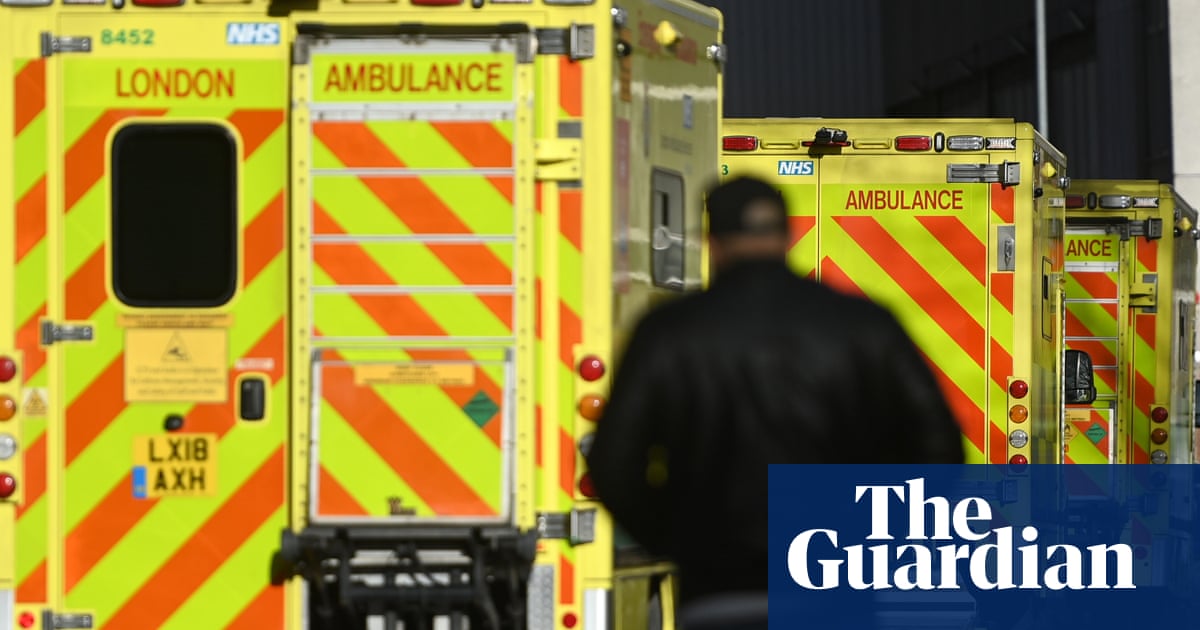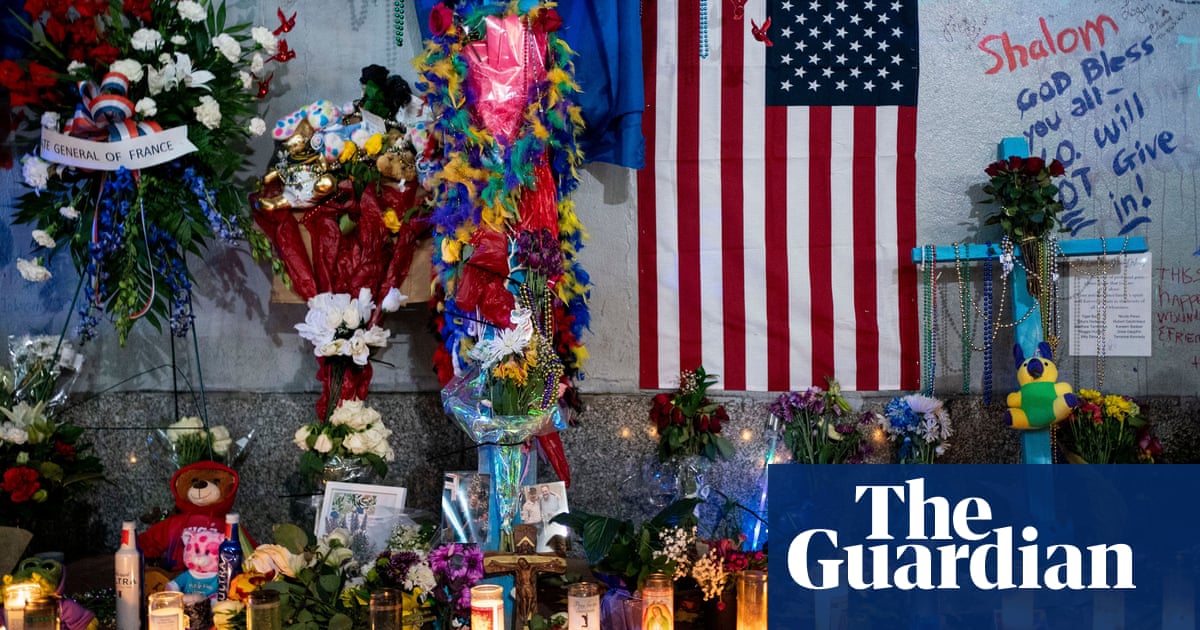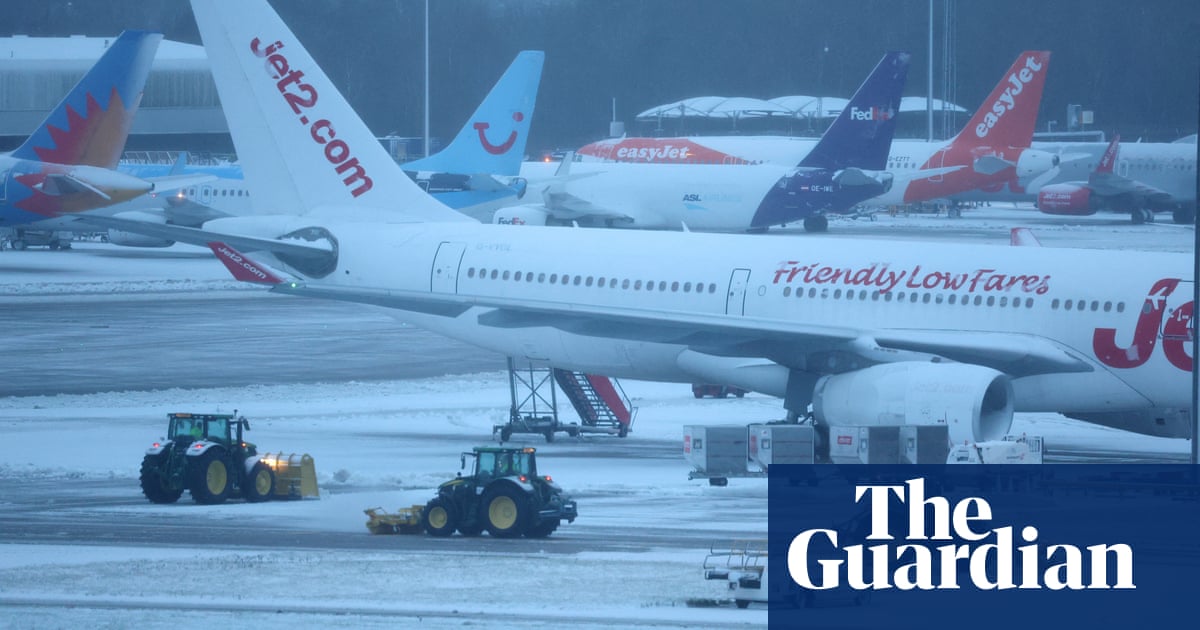World leaders and international aid organisations have voiced fears for the delivery of crucial aid in Gaza after the Israeli parliament’s vote to ban the UN relief and works agency (Unrwa), with secretary general Antonio Guterres saying on Monday night: “There is no alternative to Unrwa.”
Guterres said the UN agency would be prevented from doing UN general assembly-mandated work if Israel implemented the laws, which would ban the agency from conducting “any activity” or providing any service inside Israel, including the areas of annexed East Jerusalem, Gaza and the West Bank.
Guterres called on Israel “to act consistently with its obligations” under the UN Charter and international law, saying: “National legislation cannot alter those obligations.”
Taken together, the Israeli legislation – which is to come into effect within the next 90 days – is expected to lead to the closure of Unrwa’s East Jerusalem headquarters and would in effect block the delivery of humanitarian aid into Gaza via Rafah. The severing of diplomatic relations would preclude Israel from issuing entry and work permits to foreign Unrwa staff and prevent coordination with the Israeli military to permit aid shipments.
British prime minister Keir Starmer said the UK was “gravely concerned” that the bill had passed the Knesset, adding: “This legislation risks making Unrwa’s essential work for Palestinians impossible, jeopardising the entire international humanitarian response in Gaza and delivery of essential health and education services in the West Bank.
“The humanitarian situation in Gaza is simply unacceptable. We need to see an immediate ceasefire, the release of the hostages and a significant increase in aid to Gaza. Under its international obligations, Israel must ensure sufficient aid reaches civilians in Gaza.”
His foreign secretary, David Lammy, earlier on Monday suggested sanctions could be taken against Israeli politicians if Unrwa is “brought to its knees” by the Knesset’s decision.
Germany’s commissioner for human rights policy and humanitarian assistance, Luise Amtsberg, warned the move would “effectively make Unrwa’s work in Gaza, the West Bank and East Jerusalem impossible ... jeopardising vital humanitarian aid for millions of people”.
On Tuesday, Australian foreign minister Penny Wong urged for humanitarian assistance to continue in the region. “Unrwa does life-saving work. Australia opposes the Israeli Knesset’s decision to severely restrict Unrwa’s work,” Wong said on social media. “Australia again calls on Israel to comply with the binding orders of the international court of justice to enable the provision of basic services and humanitarian assistance at scale in Gaza.”
The governments of Spain, Slovenia, Ireland and Norway released a joint statement condemning Israel’s ban and warned that it set a very serious” precedent for the work of the UN and all organisations of the multilateral system.
Belgium said it “deeply regrets” the Knesset’s vote.
US State Department spokesperson Matthew Miller, speaking to reporters in Washington before Israeli lawmakers voted to declare Unrwa a terror group, said the administration was “deeply concerned” by the legislation and that Unrwa had an “irreplaceable” role in providing aid to the Gaza Strip. “There’s nobody that can replace them right now in the middle of the crisis,” he said.
Humanitarian groups Oxfam, ActionAid and the Australian Council for International Development (Acfid) all condemned Israel’s move. Polio vaccinations in Gaza would be almost impossible without Unrwa’s help, ACFID’s Naomi Brooks said. “This bill undermines the international humanitarian operation in Gaza, where millions face dehydration, starvation and disease,” she said.
More than 1.9 million Palestinians are displaced and the Gaza Strip faces widespread shortages of food, water and medicine. Unrwa has provided aid, schooling, healthcare and assistance across the Palestinian territories and to Palestinian refugees elsewhere for more than seven decades.
Israeli prime minister Benjamin Netanyahu said in a statement: “Unrwa workers involved in terrorist activities against Israel must be held accountable.
“Since avoiding a humanitarian crisis is also essential, sustained humanitarian aid must remain available in Gaza now and in the future. In the 90 days before this legislation takes effect – and after – we stand ready to work with our international partners to ensure Israel continues to facilitate humanitarian aid to civilians in Gaza in a way that does not threaten Israel’s security,” he said.
The UN launched an investigation into the Israeli claims and fired nine Unrwa staff as a result.
Miller, the US state department spokesman, also said the ban could “have implications under US law”. US law prevents Washington from providing military aid to countries that restrict US humanitarian assistance, although that legislation is rarely enforced.
In Lebanon, the health ministry said at least 60 people were killed on Monday in Israeli raids on several areas in Baalbek in the eastern Bekaa Valley, where Iran-backed Hezbollah holds sway. The region’s governor, Bachir Khodr, decried what he called the “most violent” raids on the area since the Israel-Hezbollah war began about one month ago.
That followed a year of low-intensity exchanges and cross-border attacks that the Lebanese group said were in support of Hamas.
With Associated Press and Agence France-Presse

.png) 2 months ago
22
2 months ago
22
